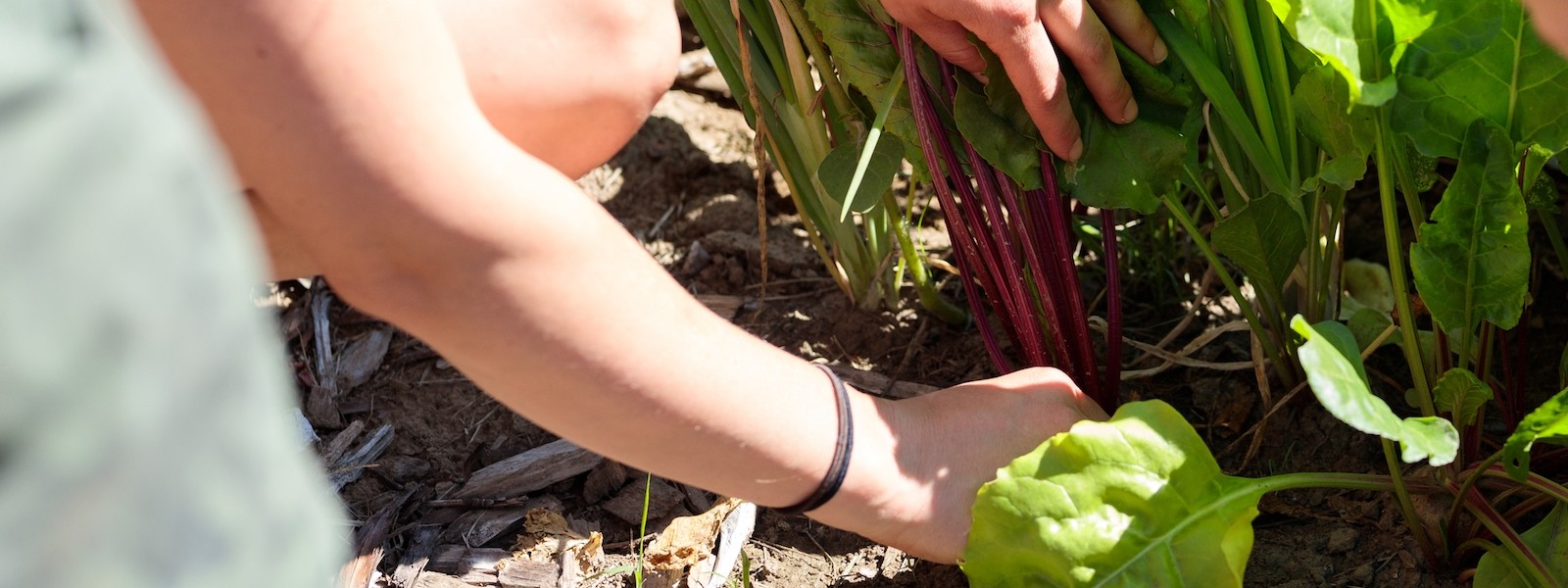Nematodes 101
Nematodes are microscopic, worm-like organisms that live in the soil. There are well over 15,000 known species, making them the most numerous multicellular animals on earth! A single handful of garden soil can contain thousands.
Bad Nematodes
Most nematodes are harmless, but a handful of troublesome species attack the outside surfaces of plants, burrowing into the plant tissue and causing root, stem, folar and even flower damage. Other nematodes live inside the plants for part of their lives, causing damage from the inside out. Plants injured by nematodes are also more susceptible to bacterial and fungal damage as well. Unfortunately, it’s not always easy to distinguish nematode damage from other issues like poor fertility or disease. A soil test may be required to positively diagnose nematodes as the problem.
Good Nematodes
Not all nematodes are bad! In fact, there are numerous nematodes that occur naturally in the soil that break down organic matter (like in your compost pile!). Increasingly, nematodes are also introduced into gardens and on farms as an organic, biological control method to help control pests such as grubs, fleas, cutworms, and root maggots.
Once released, nematodes get right to work. Depending on the type of nematode released, they either “cruise” around the soil to find the larvae of pests or wait for a host insect to pass by and then “ambush” them. The nematodes release toxic bacteria that kills the pest larvae within 24-48 hours. The bacteria then serves a food source for the nematodes to reproduce. Once the food source dwindles, the nematodes start the search for a new host, helping to eliminate pests from your garden.
If a particular pest is causing problems in your garden, consider applying beneficial nematodes. You can purchase nematodes online (see below), and they are easily applied by mixing them with water and spraying with a hose or watering can. However, because nematodes are living organisms, it’s important to take care when selecting, handling and applying them. They require adequate moisture, moderate temperature, and can’t be exposed to direct sunlight. And as with any pest control, it’s important to purchase and apply the right type. Explore the resources below to learn more about nematodes.
Resources:
Beneficial Nematodes, UVM Extension
IPM Laboratories, Inc.
The Bug Lady
Nematode 101: The good, the bad, the indifferent, Mid-Atlantic Grower 2002

